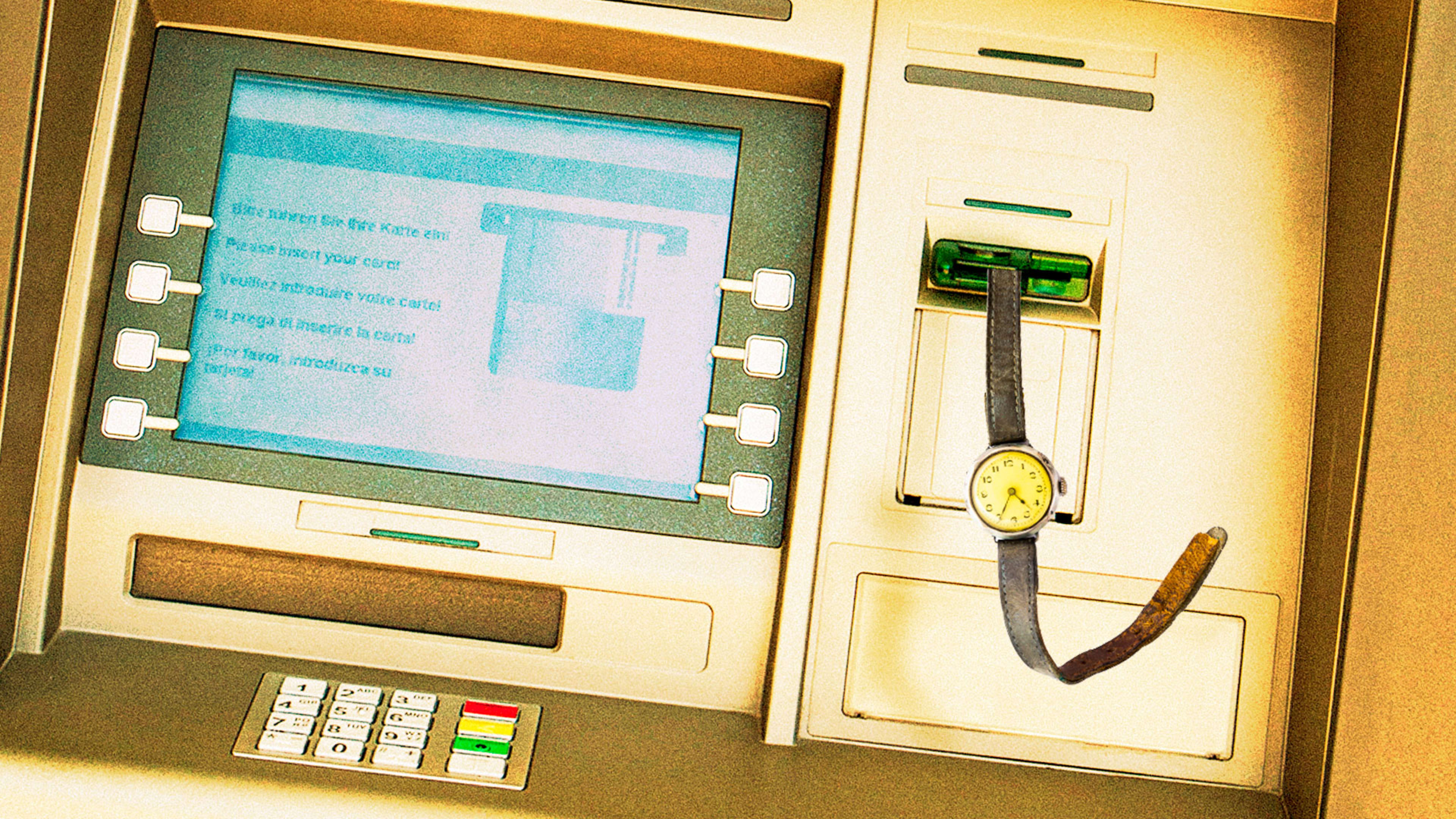When Matt Cadwell joined the human resources department at digital sign company Stratacache in 2017, he realized there was a problem. Thanks to a generous leave policy, employees had racked up hours of paid time off (PTO) they hadn’t used. When they left, Stratacache had to write large checks.
So Cadwell turned to PTO Exchange, a platform that allows employees to trade their unused PTO for cash, donate it, or use it for travel or educational expenses. The most popular program is the cash-out option, he says, particularly around the holiday season or right before summer when people want to pad out their travel and gift budget. Cadwell says the only challenge he ran into was communication.
“When an employee thinks you’re touching their vacation time, people can get wild,” he says. “It’s important to make it clear that it is optional, and you don’t have to use it if you don’t want to.”
American workers care deeply about their PTO. According to a 2020 report from Gartner, it’s the benefit they value most after base pay. In addition, workers are 70% more sensitive to a change in PTO than in salary.
At the same time, many aren’t using all their PTO: Last year, Americans left an average of 5.6 vacation days on the table. What happens to the unused PTO depends on the state you live in. About half the states in the U.S. have laws requiring employers to pay out banked-up PTO when an employee leaves, but some allow employers to forgo the payout if the employee has left after less than a year with the company.
Rob Whalen, cofounder and CEO of PTO Exchange, says he started the company after he and a group of colleagues received large cash payments for their unused vacation days after leaving Cisco. “We were talking about all the things we could have done with the money, such as put it in our 401(k)s or take a family vacation,” he said. “That was the light bulb moment.”
According to Whalen, PTO Exchange works with companies to create a communication strategy around the options for employees, and to create policies that ensure employees don’t cash out their entire PTO—for example, by only offering cash outs to employees who’ve already used two weeks of PTO. He points out that when employees are being compensated, they should think of their total compensation as both salary and PTO. Any time an employee loses their PTO, they are losing part of their compensation because their employer has gained more productivity from them.
Time is money. Time off is priceless
The idea of exchanging PTO for money is a relatively new space, says Rich Fuerstenberg, a senior partner at Mercer. He notes that giving employees a choice to cash out PTO creates tax implications for the employee, and the tax legislation is murky. As such, the idea didn’t get much traction pre-pandemic. However, during lockdowns, when travel options shut down, employees started accruing PTO. “It’s not mainstream, but it’s gotten employers interested and wanting to learn more,” he says.
Tony Guadagni, a senior analyst at Gartner, finds the idea of exchanging PTO for other benefits, such as cash, an intriguing solution to the problem. Since most companies have several different systems to handle their PTO and payroll—systems that may not talk to each other—he points out many companies would need a third party to handle a PTO cash out. He adds that it could be a major asset in an environment where employers are looking for ways to retain talent.
However, he worries that the program might subtly discourage some employees from taking vacation days in an environment where burnout is already high. “It’s definitely a solution for some people, and flexibility for employees is important, but it’s also important organizations foster a culture where people feel comfortable taking their full PTO,” he says. “I’d worry offering a choice creates a counter-incentive for using PTO.”
A larger question at hand, according to Fuerstenberg, is how to make sure PTO has value for employees. He points out other options, such as rolling over the time so that employees can take longer trips once international travel is more reliably safe. “Exchanging PTO for money is one of many ideas that should be in the mix,” he says.
Recognize your brand’s excellence by applying to this year’s Brands That Matter Awards before the early-rate deadline, May 3.
